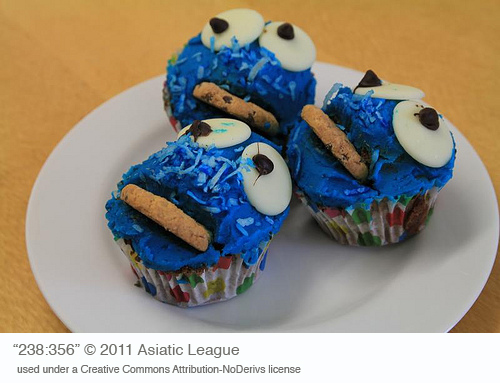by Fay Epps MS, CHHC
We’ve all experienced it—the foggy, fatigued funk that comes on after eating too many cookies or devouring a fast food mega-meal. That’s because, according to Julia Ross, nutritional psychology expert and author of The Mood Cure, junk food equates to junk moods.
It makes sense if you think about it. The food you eat gets broken down and assimilated into the bloodstream to create your cells—and by extension—the biochemistry of your body. Therefore, if your moods shift with the wind, you can examine your diet for clues on how to feel more even-keeled. Here are three simple guiding principles to help get you there.
1. Eat Regularly
Consider skipping meals Enemy Number One. This puts you in a hypoglycemic state, which can lead to “hanger” (hunger + anger), irritability, an increased reactiveness to stress, and is likely to progress into apathy or teariness.
•Action step: Get serious about eating. Don’t skip meals and eat a balanced breakfast. Never let too much time pass between meals or snacks—that merely opens the door for foul feelings.
2. Avoid Simple Carbs and Gluten; Pile on the Protein
This may sound extreme, but a diet full of simple carbs and gluten (the latter of which can result in reactive hypoglycemia) doesn’t support stable blood sugar. Instead, focus on a diet rich in the following to prevent blood sugar spikes and crashes:
- Saturated fats (butter, nuts, seeds, extra virgin olive oil)
- High-quality protein
- Vegetables
- Whole carbohydrates (fruit, beans, sweet potatoes, whole grains)
Incorporate protein into every meal if possible. Here’s why: Protein is your only food source of amino acids, which are essential for your body to create the following neurotransmitters, or natural feel-good chemicals: serotonin (antidepressants), catecholamines (stimulants), GABA (tranquilizers), and endorphins (pleasure receptors).
•Action step: Pass on pasta. Instead, opt for broiled wild salmon, quinoa, and a side of kale sautéed in garlic and olive oil.
3. Supplement When Needed
Many people experience depression and anxiety because of chronic malnutrition. Fortunately, when changes to diet alone don’t provide an improvement in symptoms, there are myriad supplements that can help fill in the gaps. Chromium and L-Glutamine can help regulate blood sugar and prevent hypoglycemia. Other helpful supplements include: B complex vitamins (especially B6, which is essential for neurotransmitter production), Vitamin C, and Omega-3 DHA/EPA fish oil. Amino acid supplements can also help boost neurotransmitter production.
•Action step: Explore supplementation with the help of a trusted health professional or health coach if dietary methods alone don’t yield positive results.
Upwards of 15 million Americans suffer from depression and that number is rising daily. As you can see, replacing a “Happy Meal” with a Healthy Meal might just put you on a happier path.
Author’s content used under license, © Sprouted Content, LLC
______________________
Recommended Reading
The Mood Cure: The 4-Step Program to Take Charge of Your Emotions—Today by Julia Ross
Potatoes Not Prozac: A Natural Seven-Step Dietary Plan to Stabilize the Level of Sugar in Your Blood, Control Your Cravings and Lose Weight, and Recognize How Foods Affect the Way You Feel by Kathleen DesMaisons


